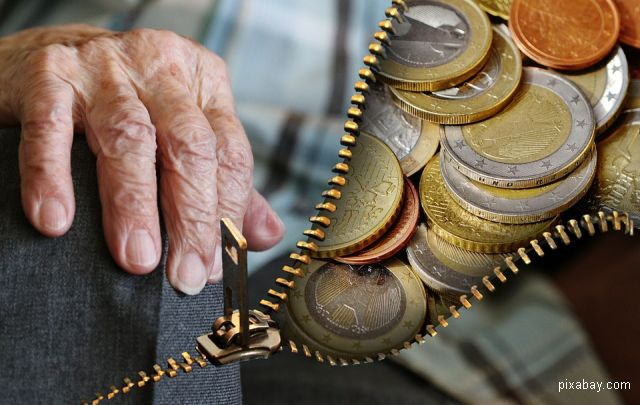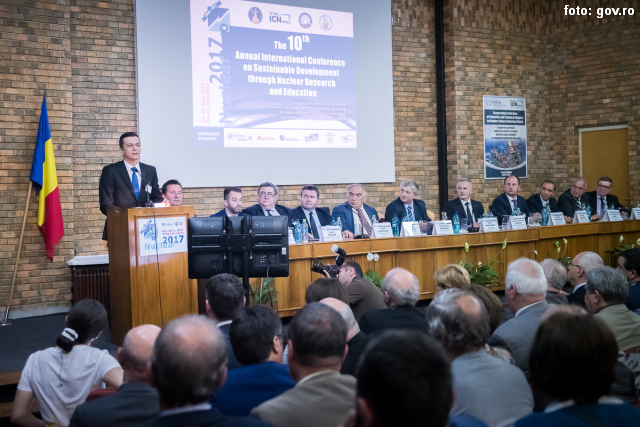The local election on Sunday has predictably rattled the political
environment in Romania. The country’s Parliament, numerically dominated by the
left, has endorsed a series of budget adjustments completely different from the
scheme proposed by the Liberal Executive. The Social-Democrats and their
traditional or occasional allies ALDE and UDMR respectively, have imposed a 40%
raise in the pension point against the 12% increase proposed by the government.
The MPs have also voted in favour of raising the teachers’ wages
and for earmarking additional sums to local authorities. Relying on a
Parliament support of only 22%, the Liberal government has shortly announced that
it will use all the mechanisms available to prevent the law from coming into
effect.
The Liberals believe that for the time being the economy cannot
support such a measure, which would throw Romania into payment default.
Here is Romania’s Prime Minister Ludovic Orban.
Ludovic Orban: The government we are leading
is going to challenge the law at the Constitutional Court. We are also not
going to accept under any circumstances these ungrounded raises as we cannot
accept that the country’s future is put between brackets by some irresponsible
people who are only making fun of Romania. We are going to use all the
Constitutional and legal leverages to prevent this economic aberration from coming
into effect.
The Social-Democrats, who have always relied on the pensioners’
votes, say there is enough money to implement the aforementioned measures.
Alfred Simonis, the PSD leader in the Chamber of Deputies, has accused the
Liberals and their political patron, Romanian president Klaus Iohannis of
having initially supported the pensions rise. He has also blamed the government
for having used the crisis triggered by the Covid-19 pandemic as an excuse to
waste public money.
Alfred Simonis: Before coming to power,
you, your government and the president of Romania said that you supported and were
going to implement this law. Once in power, you have changed your mind. The
people you are calling socially-assisted are probably going to live a couple of
months, or years more. Think of that when you are going to cut the welfare of
these people. Put an end to the illegal money-making schemes, cut the
unjustified expenses, and you are going to have enough money.
Leaving aside the various maneuvers on the political stage in
Romania, the country’s Central Bank has cautioned that a 40% rise in pensions would
lead to an increase in the budget deficit of 11% of the GDP. Instead of a coordinated correction spanning
several years, we would be forced to a disordered correction, which could take
a heavy economic and social toll, officials with the bank have explained.
Employers’ associations and business people alike believe that unsustainable
budget expenses, out of pure election reasons, can put Romania’s economy at
high risk.
(tr. bill)

